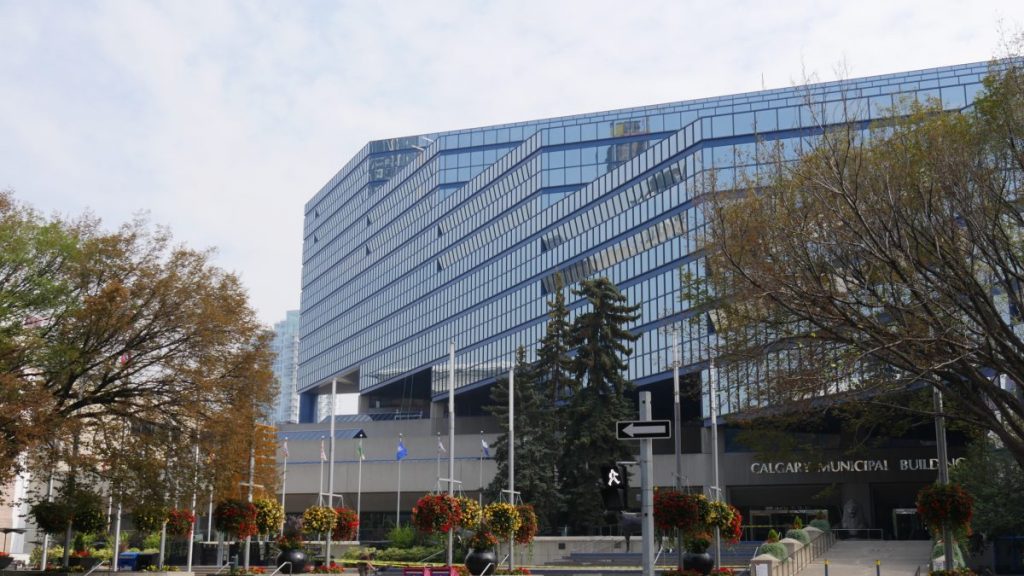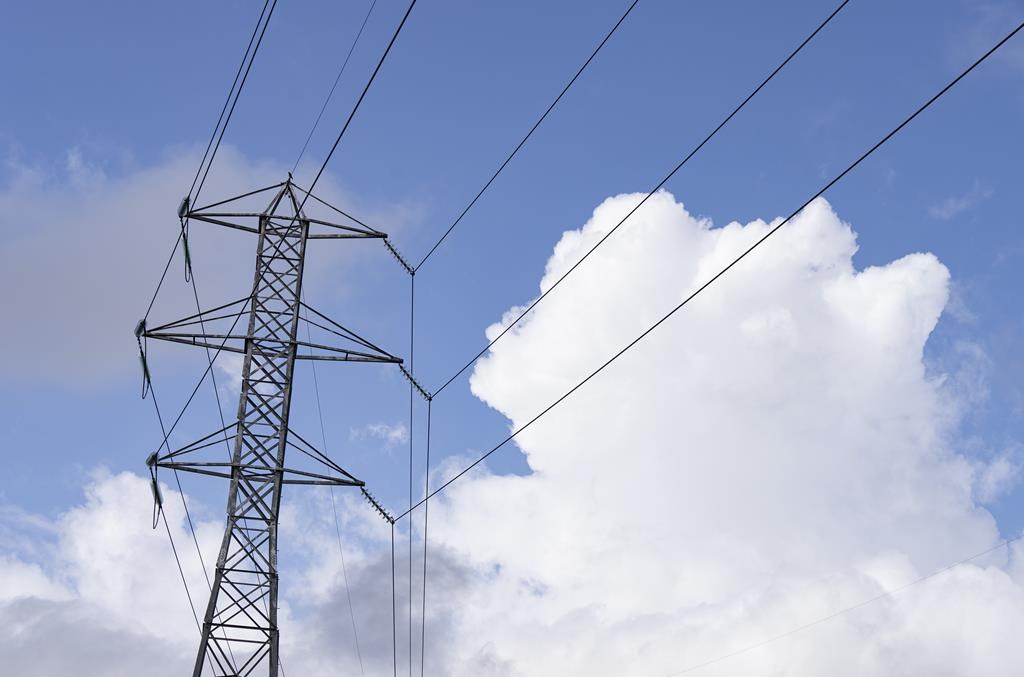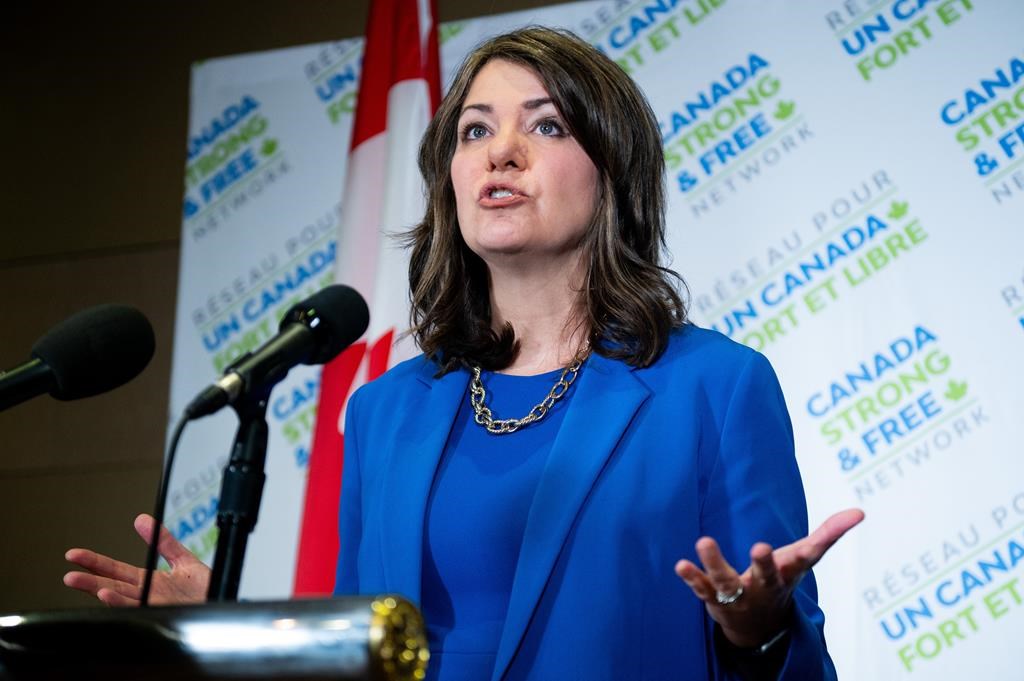Canadian stranded in Nepal says Ottawa not doing enough to bring citizens home
Posted Apr 27, 2015 6:58 am.
Last Updated Apr 27, 2015 8:50 pm.
This article is more than 5 years old.
Canada is sending more relief supplies to earthquake-stricken Nepal, promising to match donations to a fund specifically set up to help — and defending itself from claims that affected Canadians aren’t getting the assistance they need.
The federal government will match — dollar-for-dollar — all eligible contributions to the Nepal Earthquake Relief Fund between April 25 and May 25, Foreign Affairs Minister Rob Nicholson announced Monday.
Relief supplies from emergency stockpiles in Mississauga, Ont., and Dubai are also being deployed to help meet immediate needs, including blankets, jerry cans, kitchen sets, hygiene kits, and tarps.
Nicholson, Defence Minister Jason Kenney and International Development Minister Christian Paradis gathered outside the House of Commons to announce the additional aid efforts.
Some $5 million in initial aid has already been committed, and advance elements of Canada’s celebrated Disaster Assistance Response Team are also on their way.
Kenney said more than 40 Canadian Armed Forces personnel were aboard a C-17 Globemaster aircraft that’s already been deployed, including 18 DART assessment team members, seven urban search and rescue team members, six medical personnel and one member of the Canadian Red Cross.
They were expected to arrive in Nepal by early Wednesday, but that depends on the condition of the airport in the capital city, which suffered some damage in the earthquake, Kenney said.
“So whether or not we will be able to land the C-17 at Kathmandu as scheduled remains to be determined.”
Saturday’s magnitude-7.8 earthquake, centred outside Kathmandu, was the worst to hit the South Asian nation of 31 million in more than 80 years and has left more than 3,900 people dead.
Canadians trying to escape the chaos are having difficulty, however, and at least one complained Monday that Ottawa’s not doing enough to help stranded expats and travellers.
Emilie-Anne Leroux said that while other countries have pulled out all the stops to get their citizens home, she and other Canadians haven’t received so much as a phone call from officials despite having registered as being in Nepal.
Leroux, who is in Nepal working for the International Organization for Migration, says that’s left some people feeling neglected and “very panicky.”
“I feel like they haven’t reached out any type of support or help,” she said from the UN House in the capital city of Kathmandu, where a handful of Canadians have been staying and helping to co-ordinate aid efforts.
“It’s just frustrating — compared to the Australian Embassy, who have booked hotels, picked up people at their apartments, helped them get their (stuff) out and fly them home if they want to, I think the Canadian government is showing a very poor example of how much it cares for its citizens who choose to work abroad for development.”
Mark McDermott, a professor at McMaster University in Hamilton who is in Nepal to hike to Everest Base Camp, said it was difficult to find the Canadian consulate in Kathmandu. The consulate turned out to be a small room in a medical clinic.
“A few Canadians there told us that the Consul would not let them sleep under a large eve as it was not allowable protocol. So we decamped to the U.S. Embassy,” he said in an email from the U.S. Embassy in Kathmandu.
McDermott said he is safe with food, water, the Internet and telephone access along with space to sleep.
Nicholson said consular officials are trying to get into the country to help, but they are having difficulty getting in.
“We have an honorary consul I know has been working on this consistently since this tragedy has taken place, (and) we’re making every effort to bring in consular officials as well,” Nicholson said.
“They have made two attempts to land at the airport in Kathmandu and on both occasions they have been turned away, but we are determined we are going to get them there.”
Foreign Affairs said there are 462 Canadians registered as being in Nepal, but cautioned that’s only an estimate because registration is voluntary.
Leroux, 28, was trying to get back to Canada to be with her father, who is having heart surgery, when the earthquake hit. The airline could only rebook her on a flight Wednesday and she can’t afford an earlier, pricier ticket.
Kenney said once the C-17 is relieved of its load of supplies, it would remain in the area to ferry Canadians who want to leave Nepal to nearby India. But that wasn’t expected to happen until late Wednesday at the earliest.
A spokesman for Foreign Affairs said the government’s Emergency Watch and Response Centre in Ottawa and Canadian offices abroad are working with local authorities and providing consular assistance to Canadian citizens.
To date, the department has deployed six additional people to the affected region, although they have been unsuccessful so far in reaching Kathmandu, said Nicholson.
“But they are going to get there.”
Officials from Canada’s sparsely staffed consular offices in Nepal were also continuing attempts to reach Canadians believed to be in the area, he added.
The Ontario government, where members of the legislature held a moment of silence to honour the victims, also added $1 million Monday to the Red Cross’s relief efforts in Nepal.
Some Canadians are still anxiously awaiting news of relatives they hope survived the devastating quake. But others, like Faye Kennedy’s family, have had long-awaited reassurances.
The Ottawa woman was trekking in Langtang National Park and hadn’t been heard from since the earthquake. But her brother-in-law said Monday that Kennedy had been found.
“She is alive, was airlifted from Langtang National Park because of injuries, and is now in Kathmandu,” Justin Piche said in an email. “We think she will be okay.”
— With files from Terry Pedwell in Ottawa










